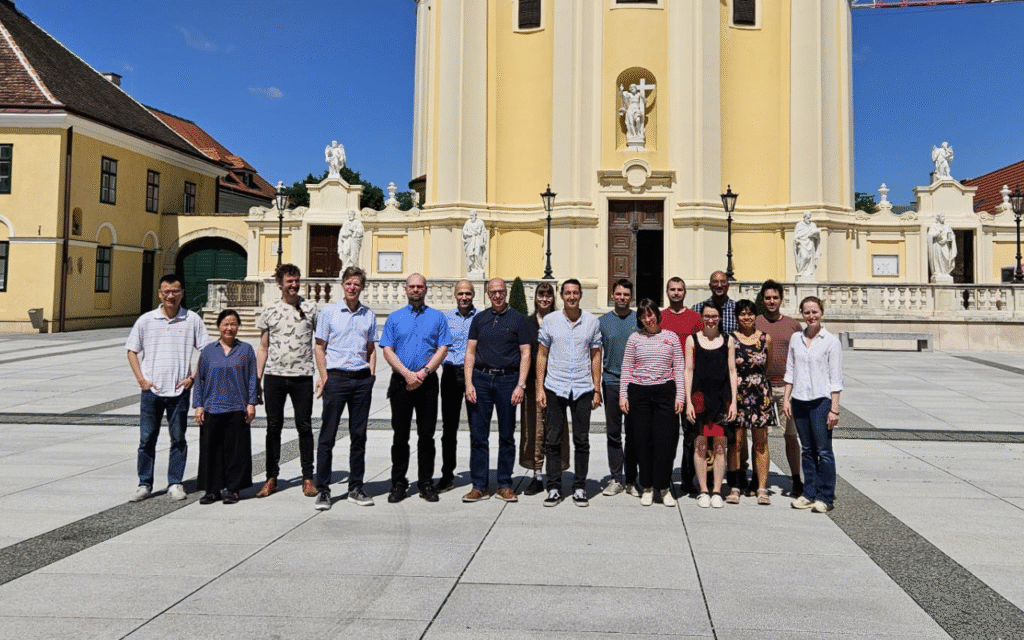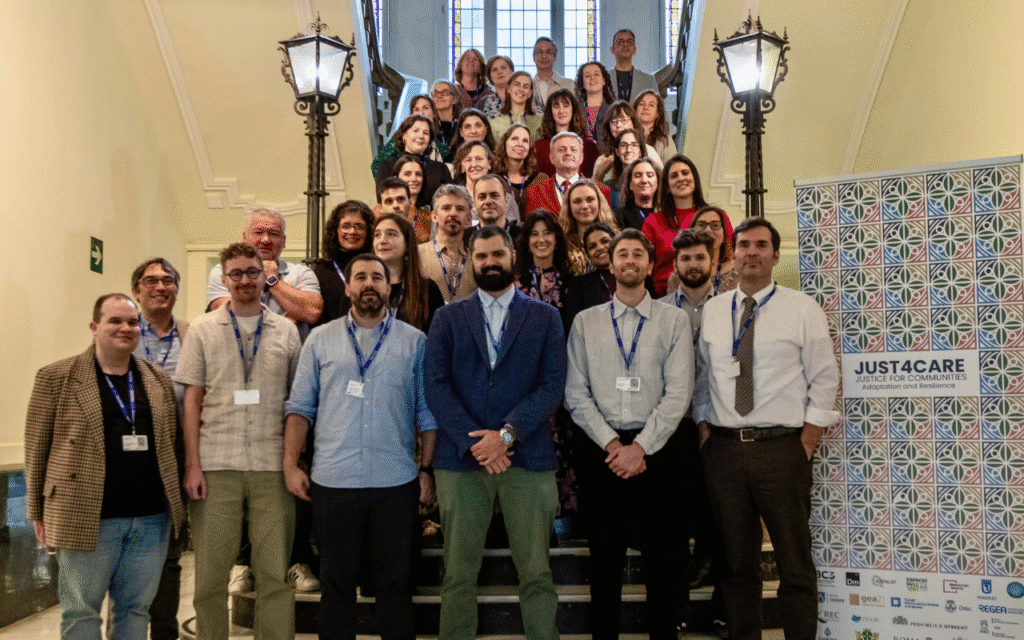Articulating, customising and integrating models and data with innovative technology is ARIES’ main aim to assess and value ecosystem services efficiently. This is why ARIES lead investigator Ferdinando Villa was invited to give a presentation at the ‘Ecosystem services’ online session on August 24, as part of the Virtual Expert Forum on SEEA Experimental Ecosystem Accounting (SEEA EEA) 2020.
The United Nations Statistics Division in collaboration with the United Nations Environment Programme brought together many different experts within the Biodiversity and Sustainability fields to share their respective pitfalls and learnings.
“It all started 12 years ago…
…for the ARIES team to build a new technology to assess and look at ecosystem services due to the giant gap existing between the enormous complexity of the phenomena that engender ecosystem services and the enormous simplicity of the discourse on ecosystem services,” explained Ferdinando Villa.
According to the ARIES leader, although the gap is getting smaller, one of the challenges still remaining is to update the current methodologies, which are not sophisticated enough to capture all the different flows and components underlying ecosystem services.
Indeed, the complexity of the disciplines, identities and scales within the problem of assessing ecosystem services usually leads to a very unsatisfactory situation in the modelling world. Models are usually broken up by being dedicated to a particular ecosystem service type, and they are locked in to one scale and one system definition.
Articulation to better reflect a complex world
In Ferdinando’s words, one of the key solutions to fill the gap lies in articulation, i.e. the separation of concerns and approaches about the diverse components of each ecosystem service problem.
“A proper modelling of ecosystem services is very difficult as it’s not only about articulating complex identities in these systems, but also articulating complex scales, as the phenomena that engender ecosystem services may reflect the different ideal scales of observation,” highlighted the ARIES leader.
Likewise, he referred to the importance of articulating diverse research disciplines in order to get the whole picture. “It’s impossible that the person who develops any methodology knows all the different sides of the problem, thus we need to collaborate” he added.
ARIES challenges: Modelling customisation and integration
According to Ferdinando, ARIES’ current main objectives are enabling customisation and integration in ecosystem services modelling, and they both depend on articulation. While customisation implies the ability to replace individual components in the model to best describe any particular context, integration is required in order to connect these different pieces seamlessly and safely, to achieve the granularity that better reflects the problem’s complexity.
“If we had an articulated view that allowed us to take every single piece modelled properly by the modelling disciplines at the right scale and make all these parts stocked to each other, then neither customisation nor integration would require as much human intervention,” commented the ARIES leader.
For that reason, ARIES is developing independent components with the scope of adapting them both to the different contexts and to a changing understanding of the different problems that they represent. “That’s the paradigm behind ARIES: using technology to build integration and to break up into granular, customizable components, to representing ecosystem services as they are,” concluded Dr. Villa.







